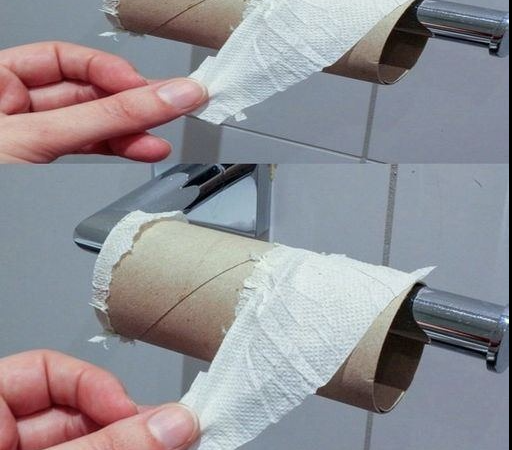Toilet paper is a daily essential for millions of people. Yet, there’s talk that it might soon vanish from store shelves due to environmental and health concerns. Could this be the end of the roll as we know it?
The Background and Effects of Toilet Paper on the Environment
Toilet paper was invented by Joseph Gayetty in the United States in the mid-19th century. It quickly became a global necessity. However, producing toilet paper has a huge environmental impact. The process involves cutting down millions of trees each year, leading to deforestation and pollution.
Problems with Contamination and Health Hazards
Recent studies, like one from the University of Florida, have shown that some toilet paper contains harmful materials, such as BPA and chlorine. These toxins can cause serious health problems, including reproductive issues and certain cancers. In France, the concern about contaminated toilet paper is particularly high.
Moving Towards Cleaner, Greener Options
Many people are now looking for eco-friendly alternatives. One popular method is washing with soap and water, which is more sanitary and environmentally friendly. The bidet, a common fixture in Japanese bathrooms, is also becoming popular again. Modern bidets, with water jets and dryers, offer a clean and green alternative to toilet paper.
Introduction of Reusable Paper Towels
Reusable toilet paper is another innovative solution. Made from washable materials like cotton, these products can be used, washed, and reused, reducing waste and environmental impact. Though it may seem unconventional, reusable toilet paper could be a viable and eco-friendly option.
Acceptance and Adoption of Alternatives
Switching from toilet paper to alternatives is challenging because it requires changing long-standing habits. Raising awareness and making alternatives easily accessible are key. Informational campaigns highlighting the hygiene and environmental benefits of these new methods are essential to encourage widespread adoption.
Financial Effects of Switching to Sustainable Alternatives
Switching to sustainable alternatives can have significant financial implications. The initial cost of installing a bidet or buying reusable toilet paper may be high, but these investments can lead to savings over time by eliminating the need to purchase disposable paper products regularly. Consumers and governments must consider these factors to balance sustainability with economic practicality.
Challenges in Transitioning to Greener Toilets
Transitioning to greener toilet solutions involves more than just individual choices; it requires changes to existing infrastructure, especially in public spaces and older buildings. The initial investment can be steep, and careful planning is needed to ensure these new facilities are accessible and well-maintained.



